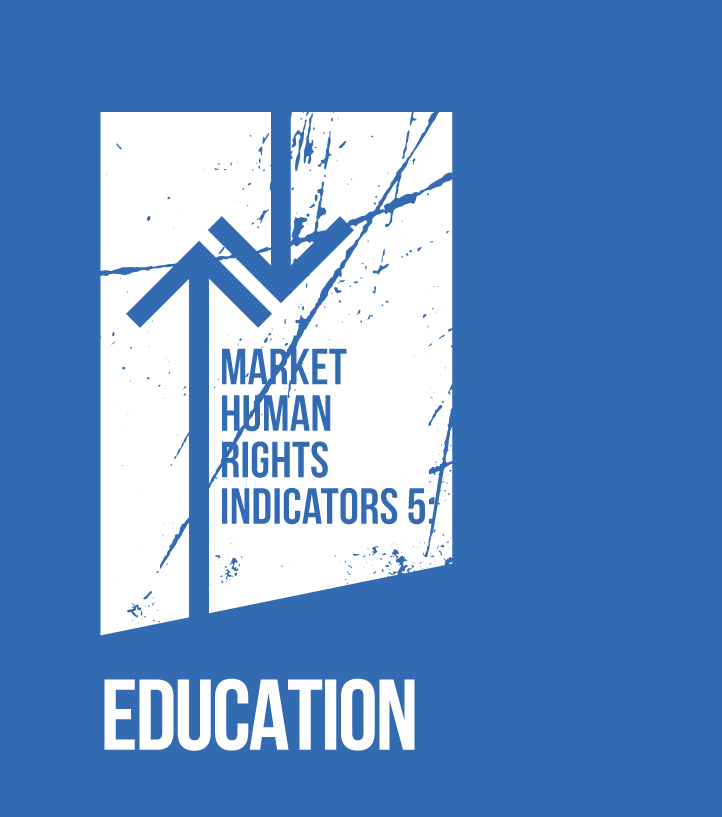KNOW YOUR RIGHTS:
EDUCATION
Everyone has the right to education. – Article 26.1 UN Declaration of Human Rights (1948)
The right of everyone to education … education shall be directed to the full development of
the human personality and the sense of its dignity … education shall enable all to participate effectively in a free society – Article 13.1 UN International Covenant on Economic, Social and Cultural Rights (1966)
Every child has the right to an education ….
Education must develop every child’s personality, talents and abilities to the full – Articles 28 & 29 UNCRC (1989)
No person shall be denied the right to education – Article 2 UK Human Rights Act (1998)
The right to equal opportunity in all social and economic activity, regardless of class, creed, disability, gender or ethnicity – Strand 6.1, Good Friday Agreement












